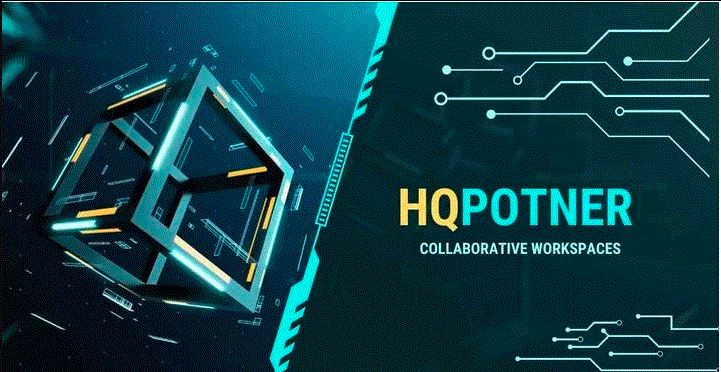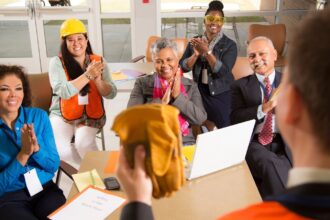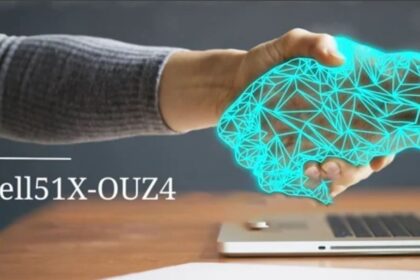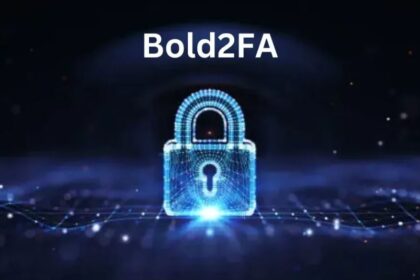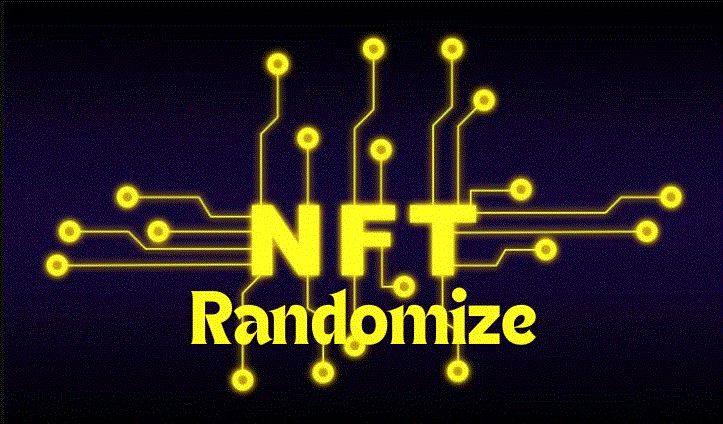SEO Expert in London on The Role of Storytelling in Client Acquisition
One of the most potent tools available to brands today is storytelling. Far from being a simple marketing buzzword, storytelling…
NEWS
Show All Articles
TRENDING
Hot in This Month
Mua RX 7900 GRE Giá: Hiệu Suất Cao & Giá Cả Tốt Nhất.
When it comes to gaming and high-performance tasks, the RX 7900 GRE stands out as a top-tier choice. This article…
Amethstreams: The Ultimate Sports Streaming Platform
In today's fast-paced digital age, finding the right platform for streaming your favorite sports can be a challenge. Amethstreams is…
Annie Dolce Canton ThinkFoodGroup: A Culinary Revolution
Annie Dolce Canton: A Culinary Innovator Annie Dolce Canton is a renowned chef and restaurateur who has made a significant…
Trainual Pricing: Compare Plans and Features for Employee Training
Training employees is essential for the success of any organization as it helps teams be well-equipped and knowledgeable about their…
COSMIS
View More Articles
Discover RusticoTV – Stream Authentic Lifestyle Content
RusticoTV is a streaming platform that offers a diverse range of content, including movies, TV shows, documentaries, and live sports.…
A Complete Guide for Students on Conducting Research
We've all been there. You're staring at a blank document, cursor blinking, with a research assignment that feels impossibly huge.…
The Contingency Fee Arrangement: Everything You Need to Know
A contingency fee arrangement is a payment structure commonly used in legal practice that allows clients to pay their attorney…
Receive latest news from all areas of science
Our selection of the week's biggest research news and features sent directly to your inbox. Enter your email address, confirm you're happy to receive our emails.
[mc4wp_form]
MORE NEWS
Show All Articles
SEO Expert in London on The Role of Storytelling in Client Acquisition
One of the most potent tools available to brands today is storytelling. Far from being…
Top 6 Questions to Ask Before Dental Implant London Treatment, Answered by a Specialist
Tooth loss affects far more than appearance. It can change how you chew, how you…
A Complete Guide for Students on Conducting Research
We've all been there. You're staring at a blank document, cursor blinking, with a research…
Discover Antarvacna: Power of Inner Reflection
A Story That Sparks the Journey A few years ago, Maya found herself sitting in…



